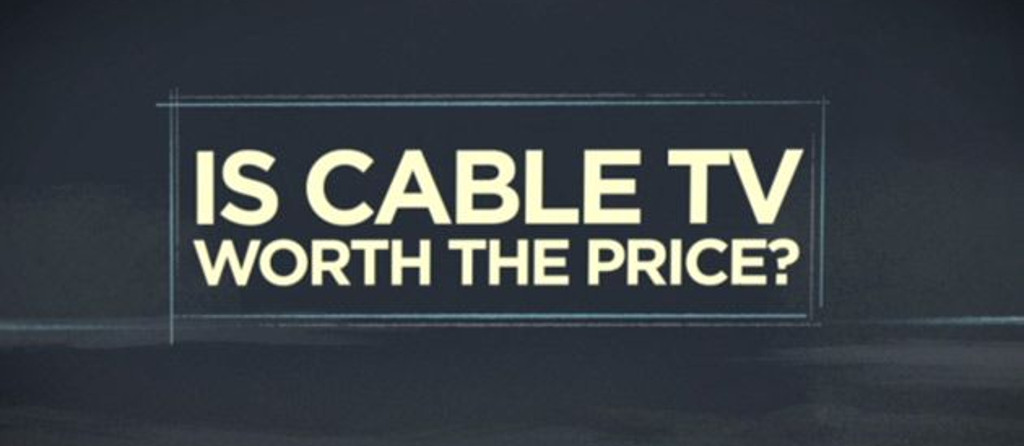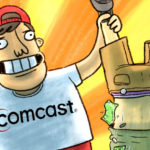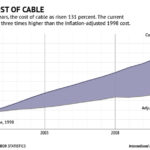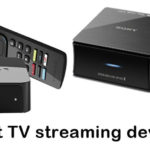Save your wrath for the media giants that own lots of cable TV channels.
Cable TV is expensive. According to the FCC, the average cost of an expanded basic cable subscription reached $64.41 in 2013. The price of expanded basic cable has risen at about two and a half times the rate of inflation since 1995.
CABLE PROVIDERS LIKE TIME WARNER CABLE ARE NOT THE PRIMARY CAUSE OF SOARING CABLE BILLS.
The inexorable rise of cable prices explains why so many consumers are eager to cut the cord. But why is cable so expensive in the first place? Many people assume it is because pay-TV operators like Time Warner Cable (UNKNOWN
It is all about the bundle
The most frustrating thing for many consumers is that they are forced to buy massive bundles with dozens — or even hundreds — of channels just to get access to a few channels they actually want to watch. But this is not by choice on the part of pay-TV providers.
Indeed, while massive bundles help juice revenue for pay-TV providers, they also contribute to significant increases in programming costs: the per-subscriber fees paid by pay-TV operators to channel owners. The net impact on earnings is questionable (at best).
The real beneficiaries of the bundle are big network owners like Disney (NYSE
Cable providers fight back — sort of
Cablevision claims that Viacom forced it to carry 14 little-watched networks as part of its typical “expanded basic” bundle in order to get the top Viacom channels: Nickelodeon, Comedy Central, MTV, and BET. Tying access to a few popular channels to carriage of more than a dozen unwanted ones could potentially be an antitrust violation, but fighting channel owners in court is an expensive gamble that most cable operators are not willing to make.
So, while many cable providers have vocally opposed excessive bundling, they have not taken much concrete action to stop it. As a result, the average expanded basic cable bundle has ballooned from $22.35 for 44 channels in 1995 to $64.41 for 160 channels in 2013.
There is no walking away from the table
The other big question is why pay-TV providers like Time Warner Cable, AT&T, and DIRECTV do not just walk away — i.e., drop all of the channels from one or more of the media giants. If a pay-TV operator could pull this off, it would even the scales with big cable channel owners. But with the exception of some smaller cable companies that have dropped Viacom, this has not been attempted.
This has a lot to do with the capital-intensive nature of the pay-TV business. Whether they deliver content through cable cords, telephone wires, or via satellites and home satellite dishes, pay-TV operators spend a lot of money building and maintaining the infrastructure necessary to get content into your home.
From a profitability standpoint, it is crucial to spread these fixed costs over as broad a revenue base as possible. As a result, it would be dangerous for a company like Time Warner Cable, AT&T, or DIRECTV to drop any popular channel.
For example, suppose a cable company wanted to appeal to non-sports fans and dropped all of its expensive sports channels. By dumping regional sports networks (which can add more than $10 per month to cable bills in some regions) and all Disney channels (headlined by ESPN, which costs more than $6 per month), the cable operator could pass a lot of savings on to customers.
DISNEY’S CHANNELS ARE EXPENSIVE; PAY-TV PROVIDERS CAN’T AFFORD TO LOSE THEM.
However, doing this would mean conceding sports fans to other pay-TV competitors. To make matters worse, by giving up other Disney properties like Disney Channel — and possibly also Disney joint venture networks like A&E and History — the cable operator would also alienate families with kids, history buffs, etc.
In the end, lower prices would not be able to compensate for
The moral of the story
Cable channels have all of the bargaining power in their negotiations with pay-TV providers, be it a cable company, telecom provider, or satellite company. Most big media companies have at least one or two highly popular channels. They can use this popularity to strong-arm pay-TV companies into taking big, expensive bundles of channels.
Aside from government intervention, the only way to break the power of the big media titans would be for major distributors to walk away. However, any pay-TV provider that did so would be resigning itself to a niche position — and that is not viable in a capital-intensive industry. Instead, Americans have had to swallow higher cable bills year after year.





